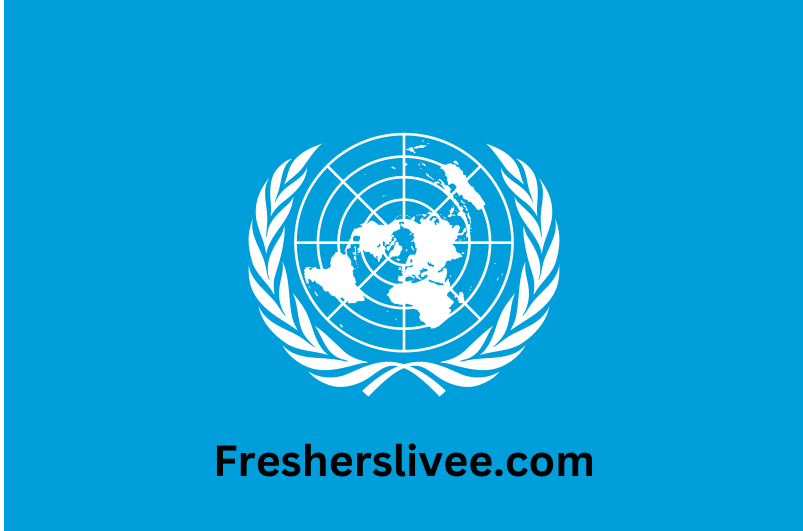The work is directed by the 2030 Agenda for Sustainable Development, which includes 17 Sustainable Development Goals (SDGs) and 169 related targets approved by the UN General Assembly on 25 September 2015. Each position generally focuses on a specific area such as macroeconomics, development economics, international economics (trade, finance, and investment), public economics, environmental economics, gender economics, or a particular economic sector. Employees usually report to the Head of a Branch or Section or to a Senior Economic Affairs Officer.
Responsibilities
The Young Professionals Programme (YPP) exam in Economic Affairs covers a broad range of topics, including microeconomics, macroeconomics, economic growth and sustainable development, climate and ocean economics, international trade and finance, quantitative economic analysis, econometrics, and resource and environmental economics. Successful candidates may be assigned to a role that involves one or a mix of these topics.
Key responsibilities of an Associate Economic Affairs Officer may include (these tasks are general and may not be performed by all Associate Officers):
- Economic and/or sector analysis
- Support to intergovernmental processes
- Technical cooperation
Assessment
The assessment process has three stages:
- Application screening
- Online written examination
- Oral examination/interviews
No prior work experience is required. However, relevant work experience might be considered if more than 60 candidates from the same country apply to the same exam area.
Benefits
This is a paid position.
Eligibility Criteria
- Must have at least a first-level university degree (Bachelor’s degree or equivalent) in one of the fields listed in the Education Section of this Job Opening.
- Must be 32 years old or younger by the end of this year (born on or after 1 January 1991).
- Must be fluent in either English or French.
- Must hold the nationality of a participating Member State.
Eligible Regions: Afghanistan, Andorra, Angola, Antigua and Barbuda, Bahrain, Belize, Brunei Darussalam, Cabo Verde, Central African Republic, China, Comoros, Cuba, Democratic People’s Republic of Korea, Dominica, Equatorial Guinea, Gabon, Grenada, Guinea-Bissau, Haiti, Israel, Japan, Kiribati, Kuwait, Lao People’s Democratic Republic, Liberia, Libya, Liechtenstein, Malta, Marshall Islands, Micronesia (Federated States of), Monaco, Mozambique, Namibia, Nauru, Norway, Oman, Palau, Panama, Papua New Guinea, Paraguay, Qatar, Republic of Korea, Saint Lucia, Saint Vincent and the Grenadines, Samoa, San Marino, São Tomé and Príncipe, Saudi Arabia, Slovenia, Solomon Islands, South Sudan, Timor-Leste, Turkmenistan, Tuvalu, United Arab Emirates, United States of America, Vanuatu.
Application Process
Applicants must submit scanned copies of the following documents:
- Passport or a valid state-issued identification document showing your name, birth date, and nationality, with a photo.
- Documentation of university degree(s) (e.g., diploma, transcript, or similar official document), showing the main course of study selected.
Candidates can only apply to one YPP exam area in a given year (e.g., cannot apply to both the Economic Affairs and the Information Systems & Technology exams).
Successful candidates will be placed on a roster used to fill entry-level (P1/P2) vacancies. Candidates may be selected from the roster as relevant vacancies open across the UN Secretariat in various global offices. The roster is valid for three years, but being on the roster does not guarantee a job offer.



